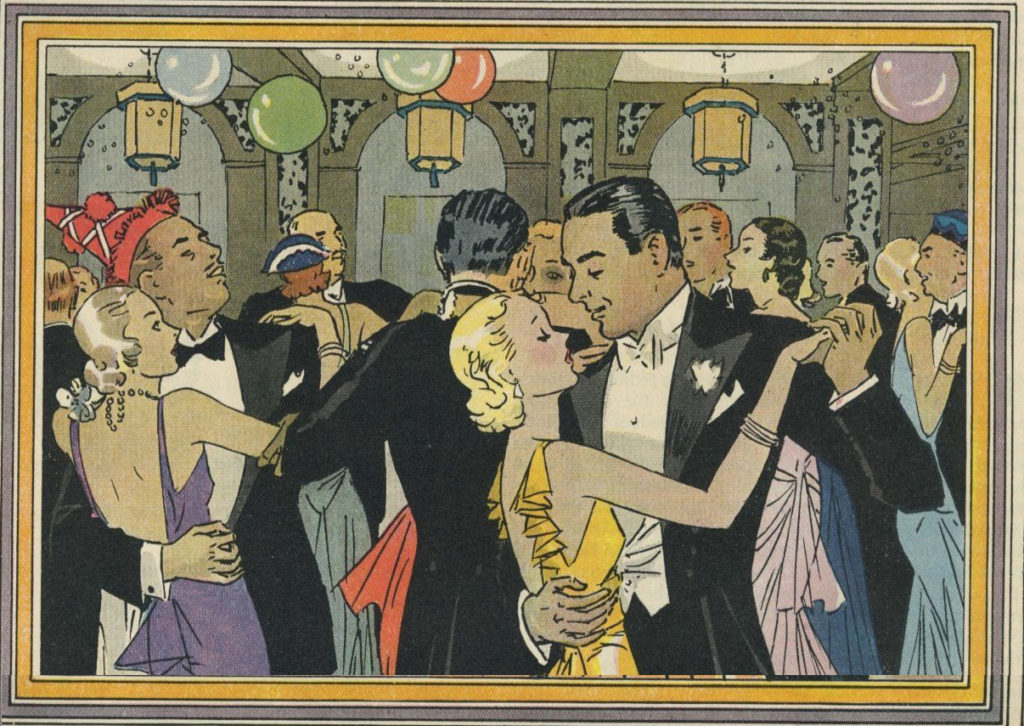We’re away until January 6, but we’re reposting some of our favorite pieces from 2019. Enjoy your holiday!
In her 2008 review of Cecily von Zeigesar’s Gossip Girl novels, Janet Malcolm quotes the eponymous narrator’s “opening volley”: “We all live in huge apartments with our own bedrooms and bathrooms and phone lines. We have unlimited access to money and booze and whatever else we want, and our parents are rarely home, so we have tons of privacy. We’re smart, we’ve inherited classic good looks, we wear fantastic clothes, and we know how to party.” I’ve never read the books myself, but on the CW show, which I was briefly obsessed with, we hear Kristen Bell’s voice-over during the title sequence: “Gossip Girl here! Your one and only source into the scandalous lives of Manhattan’s elite.” The actors playing these trust-fund teens aren’t just good-looking; they seem like genetic impossibilities. Blake Lively is perfectly cast as the, in Malcolm’s words, “incandescently beautiful” Serena van der Woodsen. She’s 5’10” and usually wearing heels. Heather Cocks and Jessica Morgan of the blog Go Fug Yourself used to call her “Boobs Legsly.” Serena and her friends and enemies (there is often little distinction between the two) have not only lucked into the 1 percent, they are also having an unfair amount of fun.
Classic party fiction is often, if not always, a kind of wealth porn. When Emma Bovary arrives at La Vaubyessard, the chateau of the marquis, for dinner and a ball, the opulence blows her bourgeois mind: “The red claws of the lobsters overhung the edges of the platters; large fruits were piled on moss in openwork baskets; the quails wore their feathers; coils of steam rose into the air; and, grave as a judge in his silk stockings, knee breeches, white tie, and jabot, the butler conveyed the platters.” Party scenes are full of these lists of foods and drinks and flowers, overloaded sentences that embody abundance, the fulsome displays of affluence. See Nick Carraway’s first party at Jay Gatsby’s: “Every Friday five crates of oranges and lemons arrived from a fruiterer in New York … On buffet tables, garnished with glistening hors d’oeuvre, spiced baked hams crowded against salads of harlequin designs and pastry pigs and turkeys bewitched to a dark gold.” Was Flaubert the first to use this listing trope, appalled by the excess? Jane Austen’s balls are disappointingly devoid of visual detail, as if the evidence of money was just assumed. (Austen’s novels adapt so well into film because the dialogue is all there, and costume and set designers can supply the surrounding lushness.) A truly expensive party should feel otherworldly; the marquis’s ball, by putting her in “contact with wealth,” leaves Emma utterly changed. It makes “a hole in her life, like those great chasms that a storm, in a single night, will sometimes open in the mountains.”
from The Paris Review https://ift.tt/37sWBkC

Comments
Post a Comment